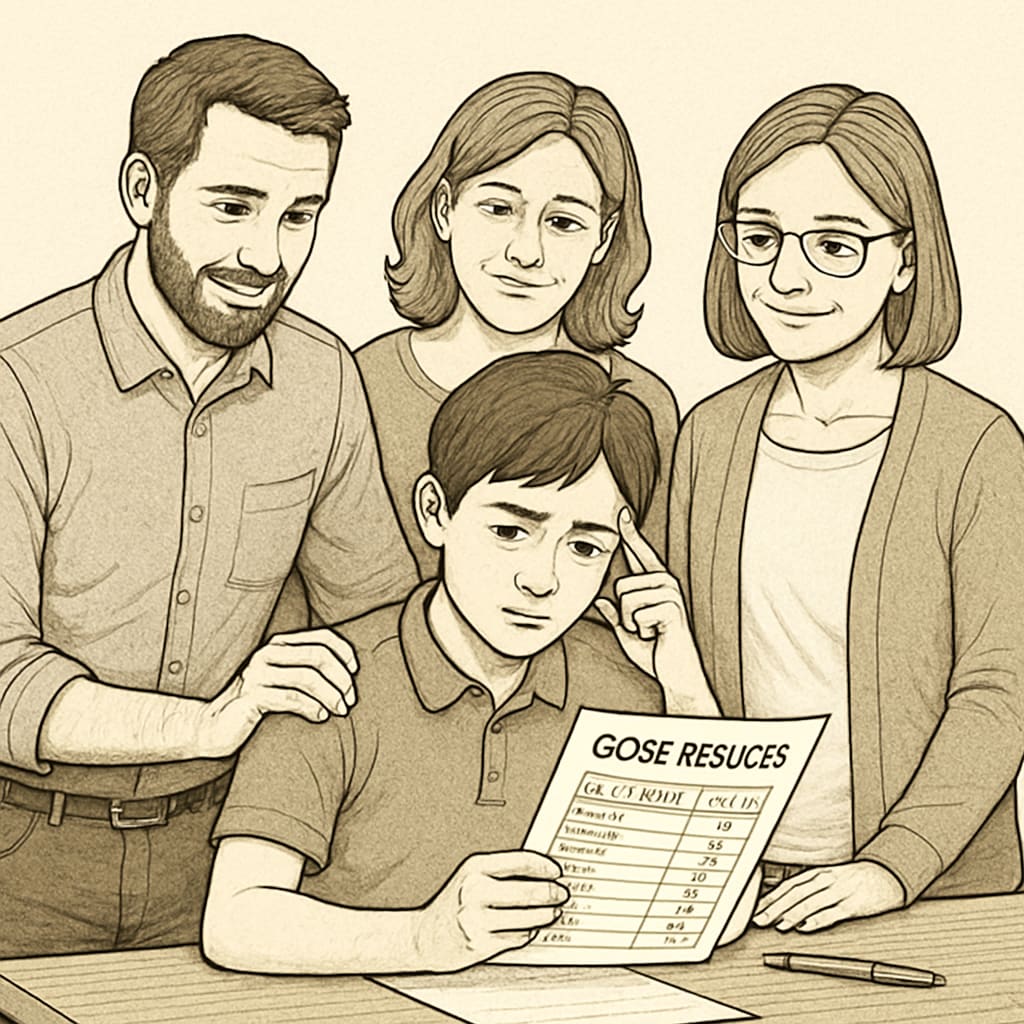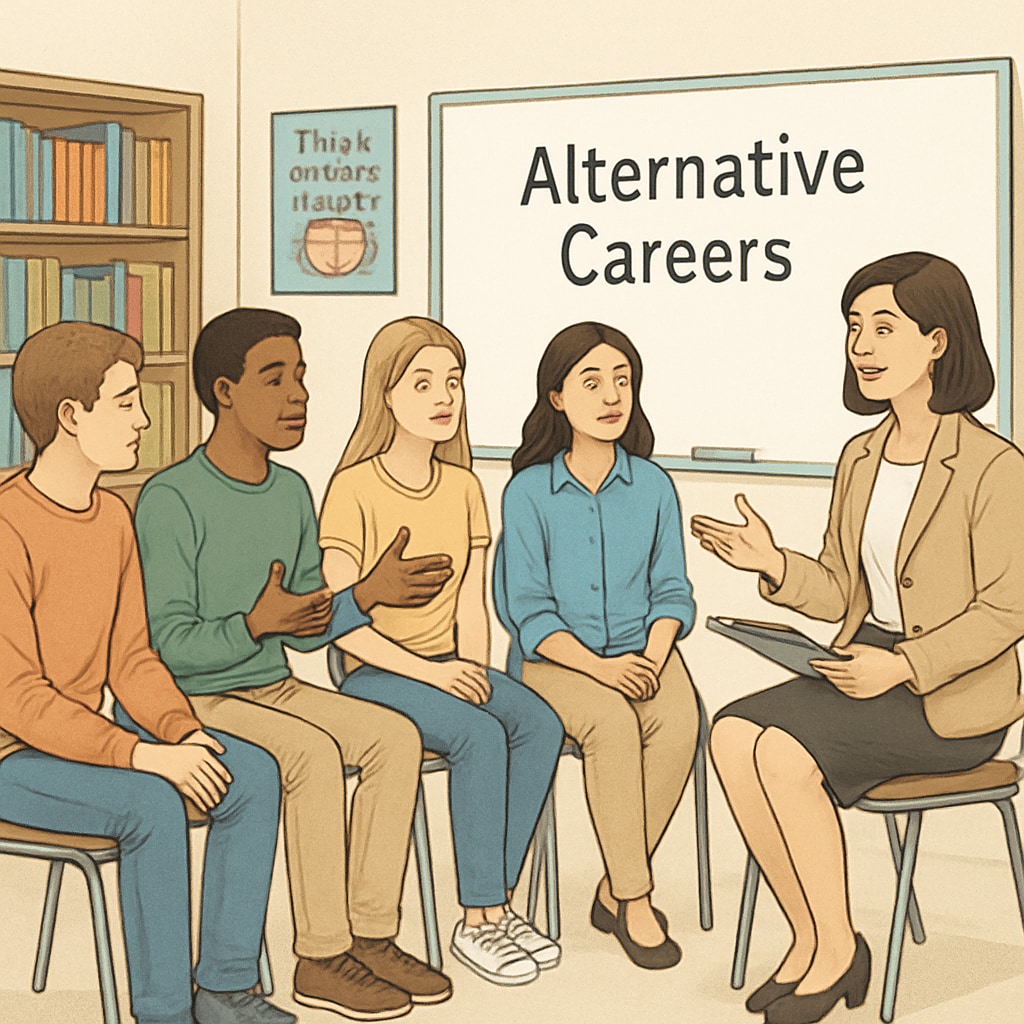For many students, GCSE results, academic anxiety, and career prospects form a trifecta of stress that can heavily impact mental health and long-term confidence. While academic disappointment often feels overwhelming, it’s crucial to remember that grades are just one measure of success. By embracing emotional resilience, reevaluating self-worth, and exploring vocational education pathways, students can forge fulfilling careers beyond traditional academic routes.

Understanding the Emotional Impact of Academic Disappointment
Academic disappointment, especially after receiving GCSE results, can trigger feelings of inadequacy, anxiety, and fear about the future. Many students equate their self-worth with their grades, leading to a negative spiral of self-doubt. However, it’s important to normalize these emotions as a natural response to unmet expectations.
- Acceptance: Acknowledge that disappointment is part of growth and does not define your potential.
- Perspective: Understand that GCSEs are only one chapter in your educational and career journey.
- Support Networks: Seek encouragement from family, teachers, and counselors to discuss your concerns.
For example, according to Britannica’s article on education, fostering emotional resilience plays a critical role in overcoming academic setbacks. Building healthy coping mechanisms can empower students to face challenges more effectively.

Exploring Alternative Pathways Beyond GCSE Results
While traditional academic routes like A-levels are often emphasized, vocational courses such as BTEC (Business and Technology Education Council) qualifications provide equally viable career opportunities. These programs focus on practical skills and industry-specific training, making them ideal for students who prefer hands-on learning approaches.
Benefits of vocational education include:
- Skill Development: Focused training prepares students for specific industries.
- Flexibility: More adaptable schedules and coursework tailored to individual strengths.
- Career Readiness: Direct pathways to employment or advanced technical roles.
In addition, resources like Wikipedia’s overview of vocational education highlight how these programs can align closely with job market demands, ensuring a smoother transition into the workforce.
Rebuilding Confidence and Redefining Success
To move past academic disappointment, students must redefine their perception of success. Success is multifaceted, encompassing personal growth, skill acquisition, and meaningful contributions rather than just grades.
Steps to rebuild confidence include:
- Set Realistic Goals: Focus on achievable short-term objectives to build momentum.
- Celebrate Progress: Acknowledge small wins to maintain motivation and positivity.
- Seek Mentorship: Connect with industry professionals or educators who can guide your career journey.
It’s also helpful to remember that many successful individuals, like Richard Branson and others, overcame academic struggles and thrived through alternative pathways. Their stories serve as proof that setbacks can pave the way for innovation and resilience.
Conclusion: Academic disappointment is not the end but rather a pivotal point for growth and exploration. By embracing vocational education, seeking support, and redefining success, students can build fulfilling careers that align with their interests and strengths. Remember, GCSE results are just one piece of the puzzle; the bigger picture lies in your willingness to adapt and persevere.


